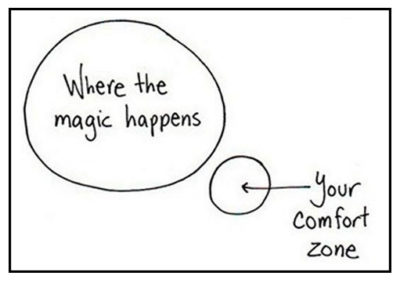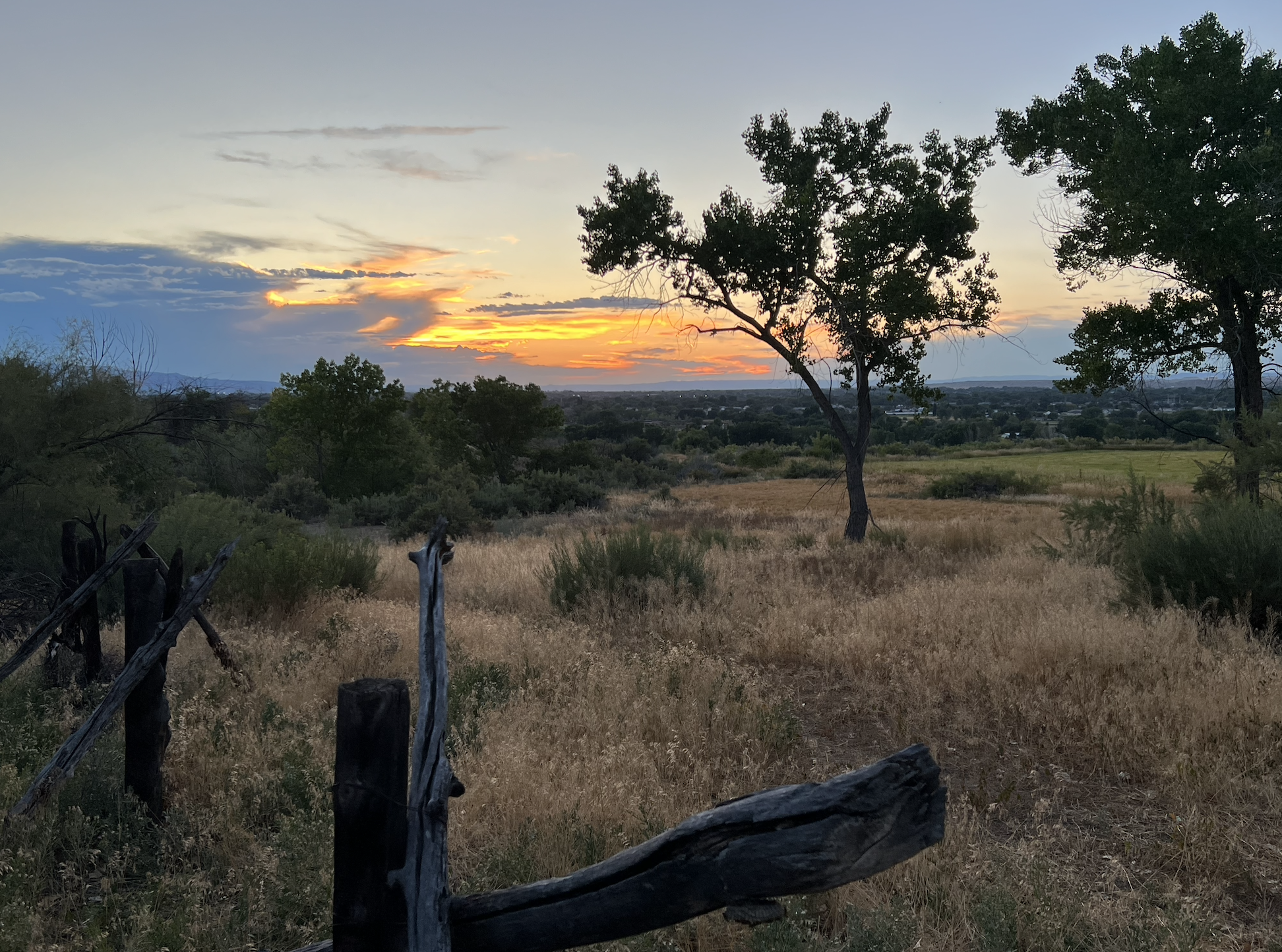Recently, in working with a core team preparing for a multi-day, system-wide event in a faith community, there were six of us sharing reflections during a video conference call. This was a call that was less about the details of the event — room setup, supplies needed, and when breaks would occur. This was a call that was more about being in learning together — what are you learning now about yourself, facing the unexpected, holding responsibility for the whole? One of the primary practices that I’ve been sharing with core teams like this one is that we need to do together in our phone calls and meetings as a core team, what we hope the larger community group will do together when meeting for the multi-day event. This particular core team — Sara Rosenau, Kelly Ryan, Gayle Dee, Walter-John Boris, Alison Killeen, Chris Hyde, and Drew Terry, from the Central Pacific Conference of the United Church of Christ, does this super well.
One of the particular topics that we discussed, that is really core to the ongoing invitation process that is now happening — the meeting is in September — was how to respond to people that are expecting the old format of meeting that has been filled with presentations and power point slides. Sara Rosenau, my friend and colleague that is chairing this year’s annual meeting planning team, is really gifted and clear in how she is responding to these queries. She is offering very good colloquial descriptions of the process methodology that is Open Space Technology. She is pointing people to how we will self-organize into working and reflection groups based on passion and interest.
It isn’t surprising that the people asking the questions to Sara are wondering how they should prepare. “You mean we should bring handouts? How many should we bring?” This group, this conference, is evolving not just who they are and what they take on together, but how they are together. They are evolving the annual meeting format to a new practice, if you will, which we were naming together as paying very close attention to emergence.
“Emergence is the game,” I said to them — OK, there’s still a 14 year-old in me that wants to make it a game. Emergence is not the familiar skill that is showing up and willing data or meaning upon one another. It is less about imposing, and selling or winning a perspective. Emergence is a less familiar skill (though I would say it is one that we are remembering, not learning as new) that is listening for the surprise that shows up among people engaging together, because they are interacting in words, and play, and silence. It’s paying exquisite attention to what is showing up in the together part that can’t show up in the not together part. “This is not a 100-level skill, the marker for most entry level college classes. This is a 500-level skill. It is a graduate class.”
I know that there will always be many layers of working together that exist simultaneously. Rooms do need to be set up. Supplies do need to be ordered. Breaks do need to be planned. And, to be clear, there are good keynotes to be delivered. Learning well always matters. But the skill of working with emergence is one of those underlaying approaches that changes everything. Not just meetings, but also the day to day norm of how we are together and how we attend to one another, and how we nuance into the future, the sourcing of “us” rather than “I.”




